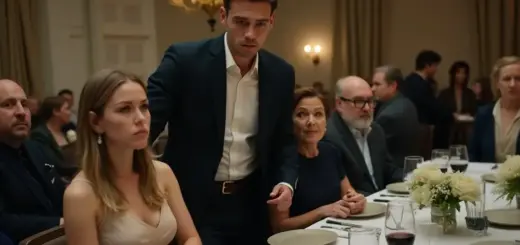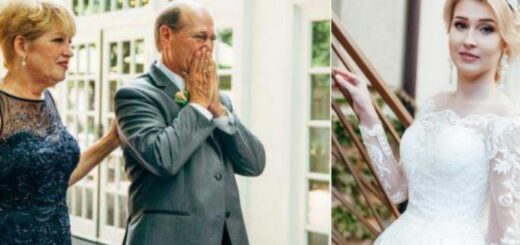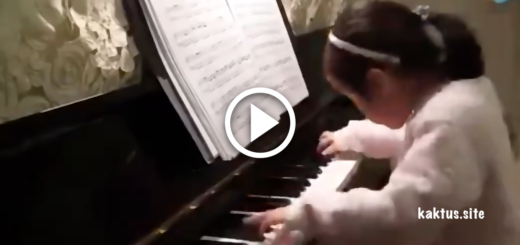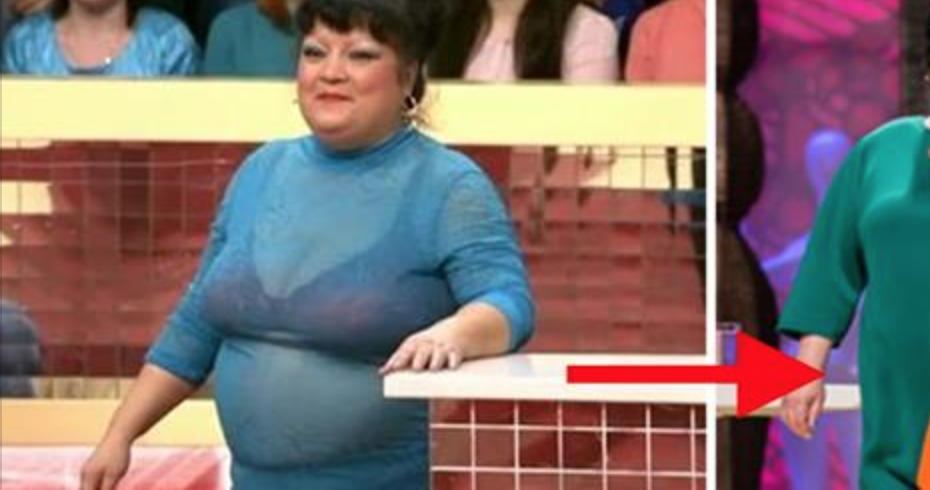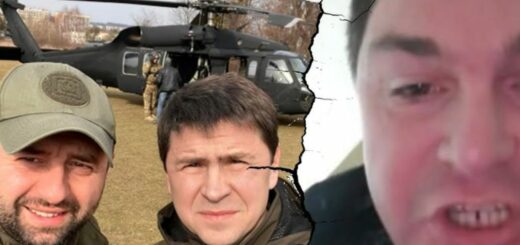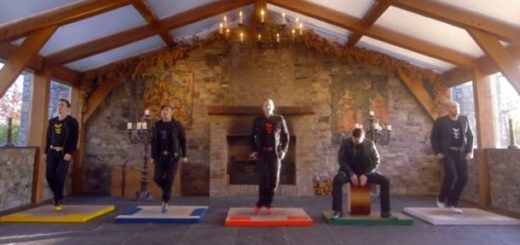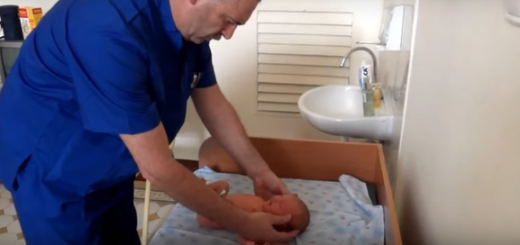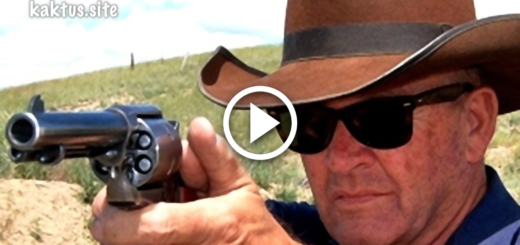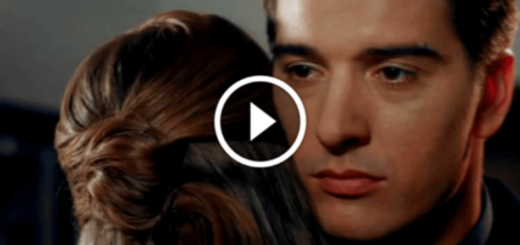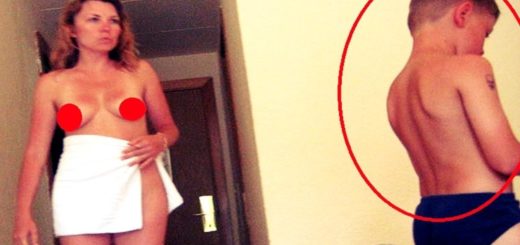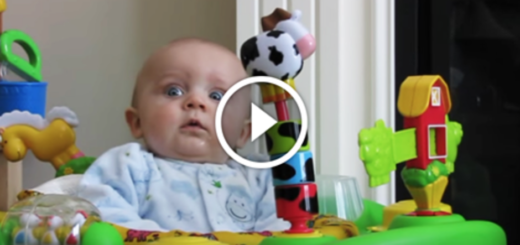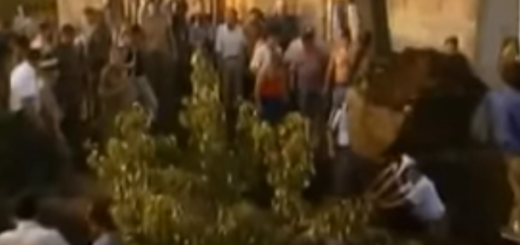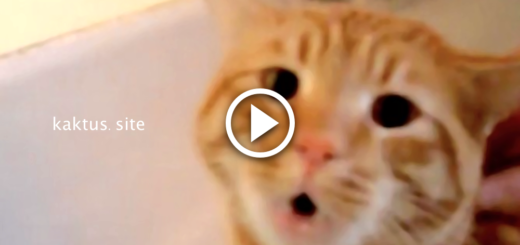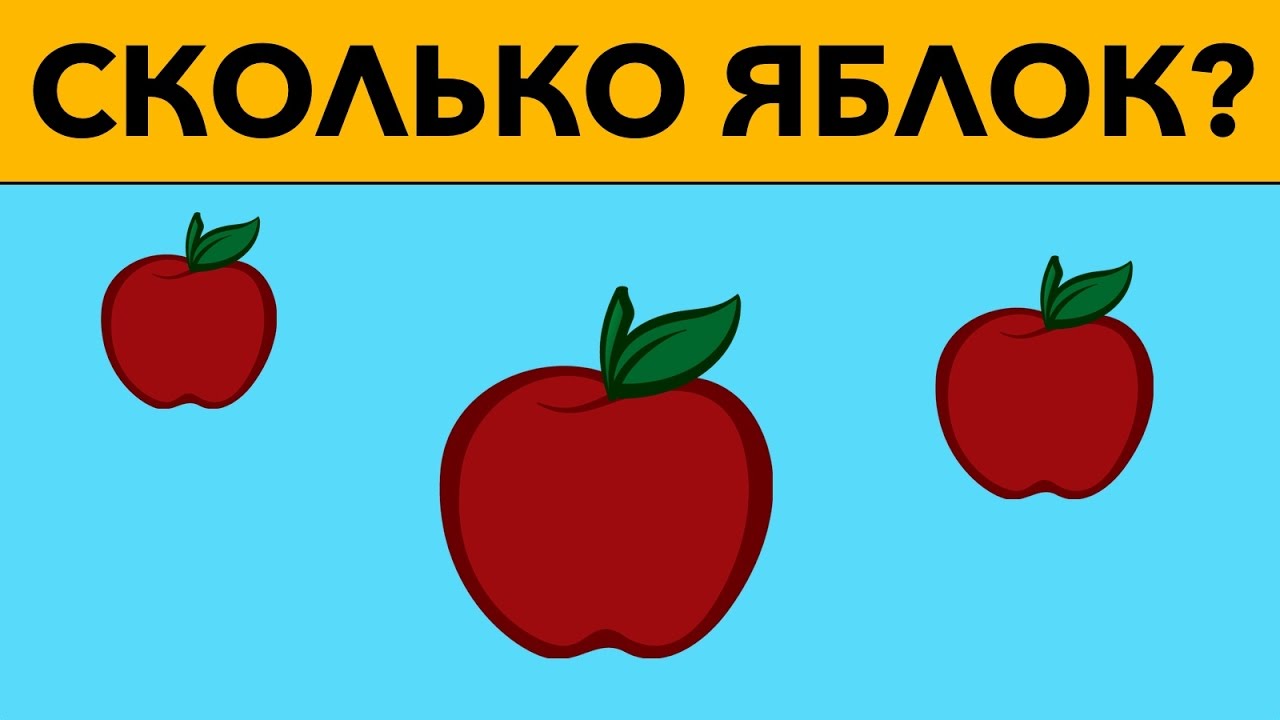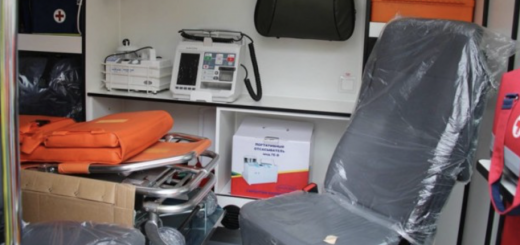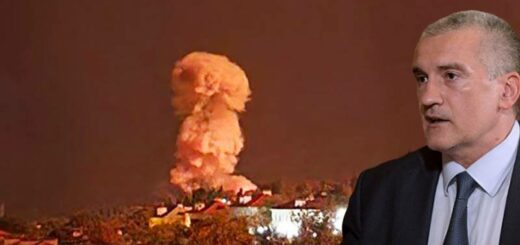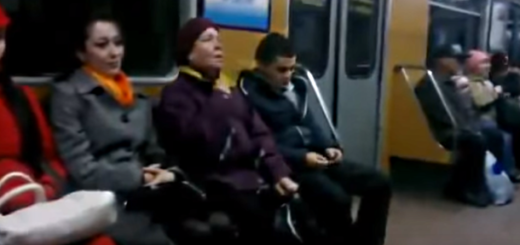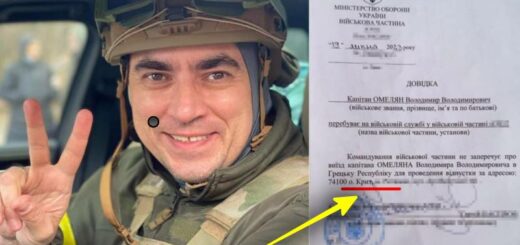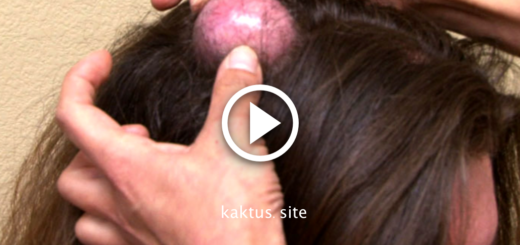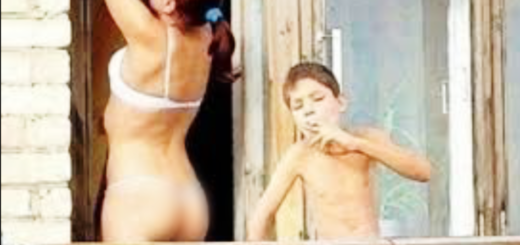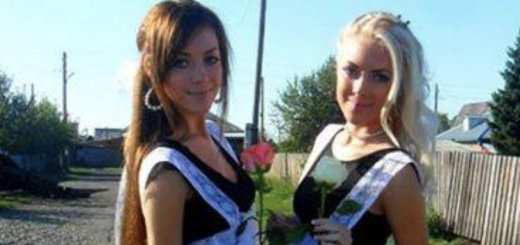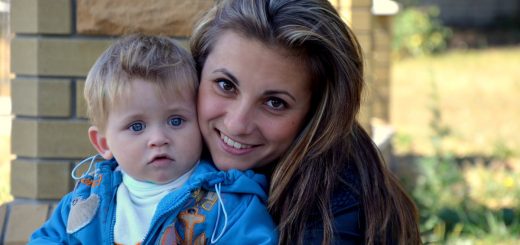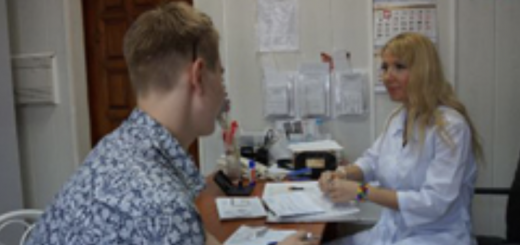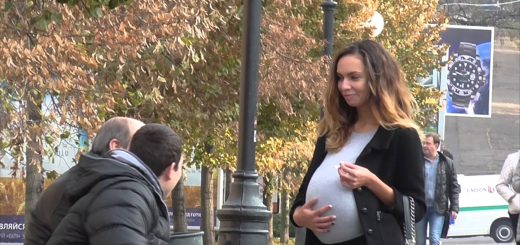The invitation arrived via text message. Ethan wrote that he wanted to try again. A proper dinner this time, he said. Just the two of us. «No papers, no pressure,» the message promised. I waited a few hours before I typed back a single word: Sure. I didn’t mention that I would not be arriving by myself.
Judith met me at a coffee shop a block away from Ethan’s house and parked her car across the street. We had agreed that she would not come in with me initially. She would remain nearby, wait, and only intervene if I signaled her that it was necessary. I felt no nervousness. Not anymore. I had come to understand the difference between being still and being soft.
Ethan opened the door with a warm, relaxed smile. He was wearing a casual button-down shirt and socks, no shoes, as if to project an image of the carefree boy who once ran barefoot down the halls of my own home. The house smelled of roasted garlic and rosemary. There was a loaf of artisan bread on the dining table. It was real food this time. Or at least, it had the appearance of it.
We sat down, and the small talk began. He asked if I was reading anything interesting. I told him about a mystery novel I’d checked out from the library. He nodded but didn’t inquire about the plot. His gaze kept drifting to a side table, where another stack of papers sat, neatly clipped and arranged. The folder was different, but the intent was unnervingly familiar.
When he finally reached for them, his tone shifted, becoming slower, more deliberate.
— «I spoke with a friend who works in elder law,» he began. «They recommended a much simpler arrangement. Nothing legally binding, really. Just provisional. Something to keep things running smoothly.»
He slid the new documents toward me. I did not touch them. Instead, I retrieved my own folded document from my purse and placed it directly on top of his. I said nothing. The only sound was the quiet whisper of paper meeting paper. Then I reached for my glass of water and took a slow sip.
He looked down, his expression initially one of confusion. Then he unfolded my document. It was a formal notice of trust execution. My signature was at the bottom, bold and clear. A full transfer of all assets into private legal protection. Revocable only by me.
His face remained a mask, but a change flickered in his eyes. He began to blink more rapidly, and his jaw tensed, as if he had just bitten into something impossibly sour but was trying to maintain a pleasant expression. I finally spoke, my voice calm and measured.
— «I appreciate your concern, Ethan,» I said. «I know that life can be stressful, and that planning for the future is a responsible thing to do. But I have already taken care of my own arrangements. Everything is in place. And everything is final.»
— «Did you… talk to someone?» he asked, his voice strained.
— «Yes,» I replied. «A friend. Someone who understands what it means to be prepared without being pressured.»
A heavy silence descended upon the room. He leaned back in his chair. His fingers drummed once on the tablecloth, then fell still. For a fleeting moment, he didn’t look like a son or a husband. He looked like a man who had just discovered he had exhausted all of his options.
It was at that precise moment that Judith entered. Her arrival was seamless, polite. She smiled, offered a soft greeting to Ethan, and introduced herself. Then she thanked him for the dinner invitation.
— «We’ll be leaving now,» she said.
I stood, collected my coat, and followed her to the door without a single backward glance. Outside, the night air was crisp and biting. I exhaled slowly, a deep, cleansing breath, the kind you take when something constricting inside you finally breaks free. It wasn’t a breath of anger, but of release. For the very first time, I wasn’t walking away from him feeling hurt. I was walking away feeling certain.
The following morning arrived with a chill that was colder than the forecast had predicted, a damp cold that seemed to have settled deep within the floorboards. I made myself a piece of toast, poured a glass of orange juice, and sat at the kitchen table without touching either. My hands still felt warm from the previous night’s victory, but there was a hollow space in my chest, as if a door had quietly been closed and locked from the inside.
Around ten o’clock, my phone buzzed with an incoming text. It was a single message, one line from Ethan. You made this harder than it had to be. There was no greeting. No signature. Just those eight words.
I stared at the screen for a long time before placing the phone face down on the table. The toast was now cold. The juice had lost its appeal. There was no follow-up text. No apology. No attempt at an explanation. And I knew, with the kind of unassailable certainty that only a mother can possess, that his words were not about disappointment. They were about control. They were about a door he had assumed would always be open to him, a door he had just found irrevocably shut.
Later that day, I went out to the garage to sort through a few old storage boxes I hadn’t opened in years. I found the photo albums. I opened one to a page from a Christmas long past. In the photo, a five-year-old Ethan, his cheeks flushed from the cold, was holding up a new toy truck, his smile so wide you could count the gaps where his baby teeth had been. For years, I had held that smile in my mind as a talisman, a source of strength whenever I felt tired or afraid. It had been my reason for so many things.
But looking at it now, I saw something new. Not just an innocent boy, but a boy who had always been given what he wanted, often before he even had to ask. Robert and I had ensured it. Not because he was demanding, but because we operated under the misguided belief that love meant clearing every single obstacle from his path. We had given him too much, too freely. And somewhere along that path, he had begun to believe he was entitled to things that were never his to claim.
In the afternoon, another text arrived. This time, it was from Chloe. She wrote that she was sorry things had become «tense.» That they were simply trying to be «responsible planners.» That if I ever wanted to talk, her door was always open. Then she added a line that lingered with me long after I read it: You raised a strong son. We just wanted to support his future.
I read it twice. The words were impeccably polite. Polished. But beneath the veneer, the message was brutally clear: You’ve had your turn. Now it’s time to let go.
I did not respond. I turned off my phone and left it on the kitchen counter. That night, I poured the untouched orange juice down the drain. Not out of anger, but because I no longer had the appetite for something that had gone cold. I stood by the window and gazed out at the darkness, the sky already pulling a blanket of winter over the neighborhood. I did not cry. I did not pace the floor. I simply stood still. Because sometimes, the most powerful response is no response at all. And sometimes, when a door closes, it isn’t meant to be pried open again. Not by force. Not by guilt. And certainly not by blood.


